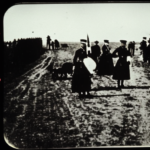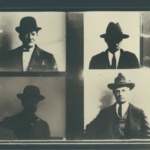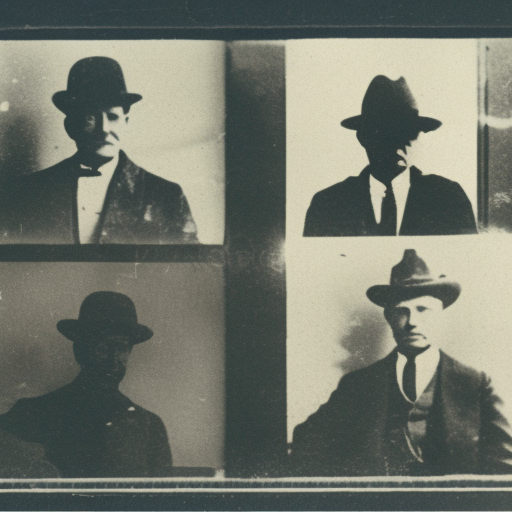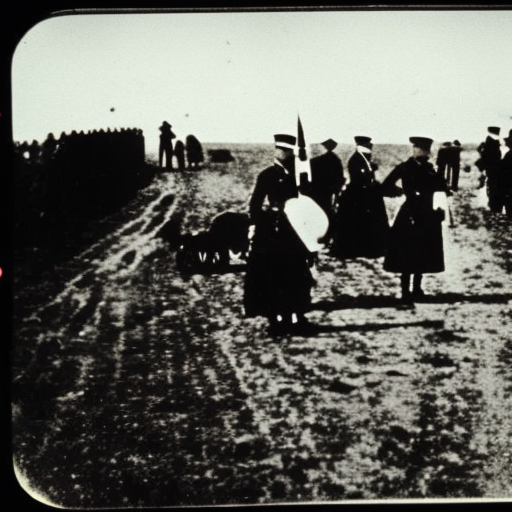The Zimmerman Telegram (1917)
The Zimmerman Telegram was a diplomatic communication sent by the German Foreign Office to Mexico during World War I. It proposed a military alliance between Germany and Mexico, with the aim of encouraging Mexico to declare war on the United States. The telegram was intercepted and deciphered by British intelligence, and its contents were eventually made public. This revelation played a significant role in turning public opinion in the United States against Germany and ultimately led to the United States entering the war.
Background
At the beginning of 1917, Germany was facing a critical situation in World War I. The British naval blockade was severely restricting German supplies, and the German government was desperate to find a way to gain an advantage. In this context, Arthur Zimmermann, the German Foreign Secretary, proposed a plan to Mexico that aimed to divert American attention and resources away from Europe.
The Contents of the Telegram
The Zimmerman Telegram, sent on January 16, 1917, was addressed to the German ambassador in Mexico. It outlined a proposal for a military alliance between Germany and Mexico in the event that the United States entered the war. The telegram suggested that Mexico should attack the United States, promising financial and territorial rewards in return. It also proposed that Mexico should seek the support of Japan in this endeavor.
Interception and Decoding
The British intelligence intercepted the Zimmerman Telegram and managed to decipher its contents. They realized the potential impact it could have on the United States’ position in the war. The British government faced a dilemma: if they revealed the telegram, they risked exposing their intelligence capabilities. However, they ultimately decided to share the information with the United States.
Publication and Public Reaction
On February 24, 1917, the British government handed the Zimmerman Telegram to the United States government. The American public was shocked by the contents of the telegram, which revealed Germany’s intentions to provoke Mexico into attacking the United States. The telegram was widely published in American newspapers, causing outrage and a wave of anti-German sentiment.
Impact on the United States
The Zimmerman Telegram played a crucial role in turning public opinion in the United States against Germany. It provided evidence of Germany’s hostile intentions towards the United States and undermined the German government’s attempts to maintain neutrality. The American public saw the telegram as a direct threat to their national security and a violation of international norms.
The United States Enters the War
The publication of the Zimmerman Telegram, combined with other factors such as unrestricted submarine warfare by Germany, led to a shift in American sentiment. On April 6, 1917, the United States declared war on Germany and officially entered World War I. The Zimmerman Telegram was a significant catalyst in this decision, as it exposed Germany’s aggressive intentions and helped galvanize public support for war.
Aftermath
The Zimmerman Telegram had far-reaching consequences. It not only influenced the United States’ decision to enter the war but also damaged Germany’s international reputation. The telegram further strained relations between the United States and Mexico, as it revealed Germany’s attempt to manipulate Mexico for its own gain. Ultimately, the Zimmerman Telegram served as a turning point in World War I, marking a shift in the balance of power and the entry of the United States into the conflict.












